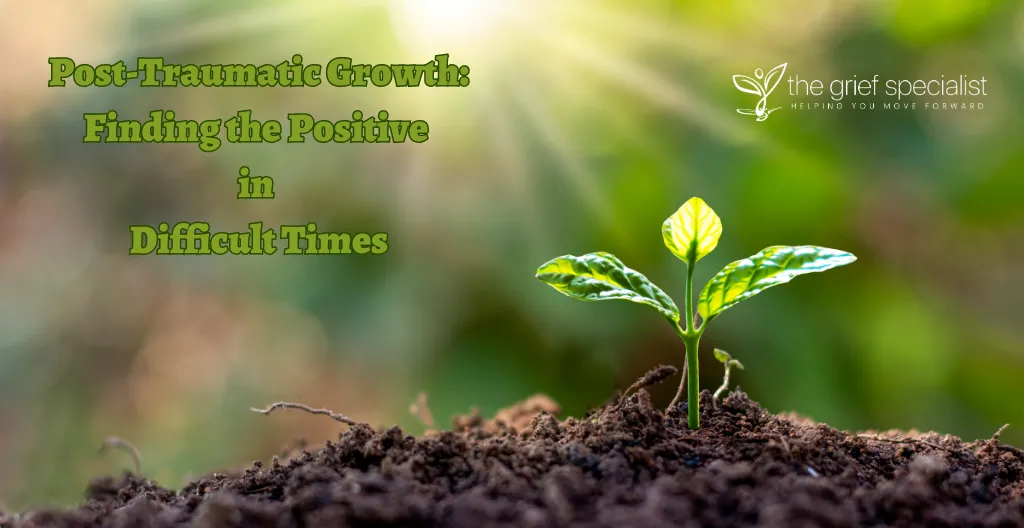What is Your Life Struggle?
- Grief
- Sadness
- Depression
- Addiction
- Food
- Alcohol
- TV
- Social Media
- Shopping
- Working
- Pornography
- Reading or literacy
- Finances
- Relationships
- Workplace or career
- Inner peace
- Mental health
- Physical health
- Emotional health
- Spiritual health
- Politics
- Social unrest
- Forces of Mother Nature
- to make strenuous or violent efforts in the face of difficulties or opposition
- to proceed with difficulty or with great effort
Build Resilience
On some level all of us have experienced a global health crisis, or a personal trauma. Living through difficult and stressful times can take a toll on your perspective, mood, and health. It can leave you feeling anxious, helpless, and lost.
No matter how much you want everything to be perfect, life doesn’t work that way. While there is no way for struggles to be avoided, there are ways to work through them and regain control.
Struggles don’t last forever. Building resilience to adversity can help you adapt to traumatic life events, tragedy, and hardship. Resilience is an ongoing process that requires effort to build and maintain over time.
In all likelihood, you have come through some degree of challenging times and have tools that worked in the past. Some of them were helpful and others were not.
Being immersed in your current circumstances may make it difficult to imagine anything good coming out of them. Surviving hardships can teach you important things about yourself. Give yourself permission to grow through challenging times. This is called post-traumatic growth which is a phenomenon that describes the positive psychological changes that can occur in individuals after experiencing a traumatic event or life crisis. Yet, not everyone will seek growth and make the best of a challenging time.
You have the power within to make change for the better. The more resilient you become, the better you are able to face future feelings of stress, anxiety and sadness that accompany day-to-day life challenges or major setbacks.
- Focus on the future with positive outcomes.
- Bolster your self-esteem.
- Improve relationships.
- Say yes to things that take you out of your comfort zone.
- Truly enjoy life.
- Live, love, and laugh.
Acceptance as a Resilience Tool
From my son’s suicide to the passing of my father at a young age, and the accidental death of my 9-month-old daughter, the biggest lesson I learned is acceptance. It is critical to practice acceptance and allow myself to overcome my challenges.
Once you are able to accept your circumstances, you will be able to move forward. It is necessary to accept the truth. Acceptance is a process that offers hope and inspiration. Denying that you’re even experiencing a crisis, you can fool yourself that you still have some sense of control over what usually uncontrollable events are.
I love a quote from Oprah Winfrey about acceptance. To paraphrase, she noted that “radical acceptance” applies to every challenge in your life. She says that stress comes from wanting something to be different from what it actually is. Once you accept a situation for what it is, then you can make a decision regarding what to do next. Radical acceptance. I do like the principle. It makes sense in your ever-changing world. Accept what has happened. It is an important step in making a choice with what you have been handed.
You cannot turn back the clock and take back what has happened. How you deal with your challenges will determine your ability to move forward. Acceptance does not mean you are left unscathed. Acceptance does not mean that you are okay.
Think of this as a season in your life. It is temporary, and you will pass through it. You can, and you will — if you allow yourself to move forward, one step in front of the other. It is always better to deal with the emotions and feelings as they naturally come. Accept the situation, and the feelings and focus on things within your control.
My first step in taking control is to tell the world I fall short of my own expectations with poor eating habits, binge TV watching, and lack of exercise. These are the challenges that I face today. For the ones that are unforeseen, I will accept them and take the steps necessary to overcome them.
My Steps to Overcoming Challenges
- Work with my coach.
- Find an accountability partner.
- Envision and journal about the person I want to be.
- Schedule my workouts
- Don’t even turn on Netflix.
- Keep ice cream and candy out of my home.
I’ve identified, and accepted my challenges, and laid out my action steps to grow and be better. Is it time for you to face yours? What steps are you going to take? Remember, you are not meant to do it alone. Reach out for help.
Schedule your complimentary coaching session. I help with grief, relationships, and life challenges.
#acceptance
#resilience
#helpyoumoveforward
#emotionalhealth
#mentalhealth
#livelovelaugh




